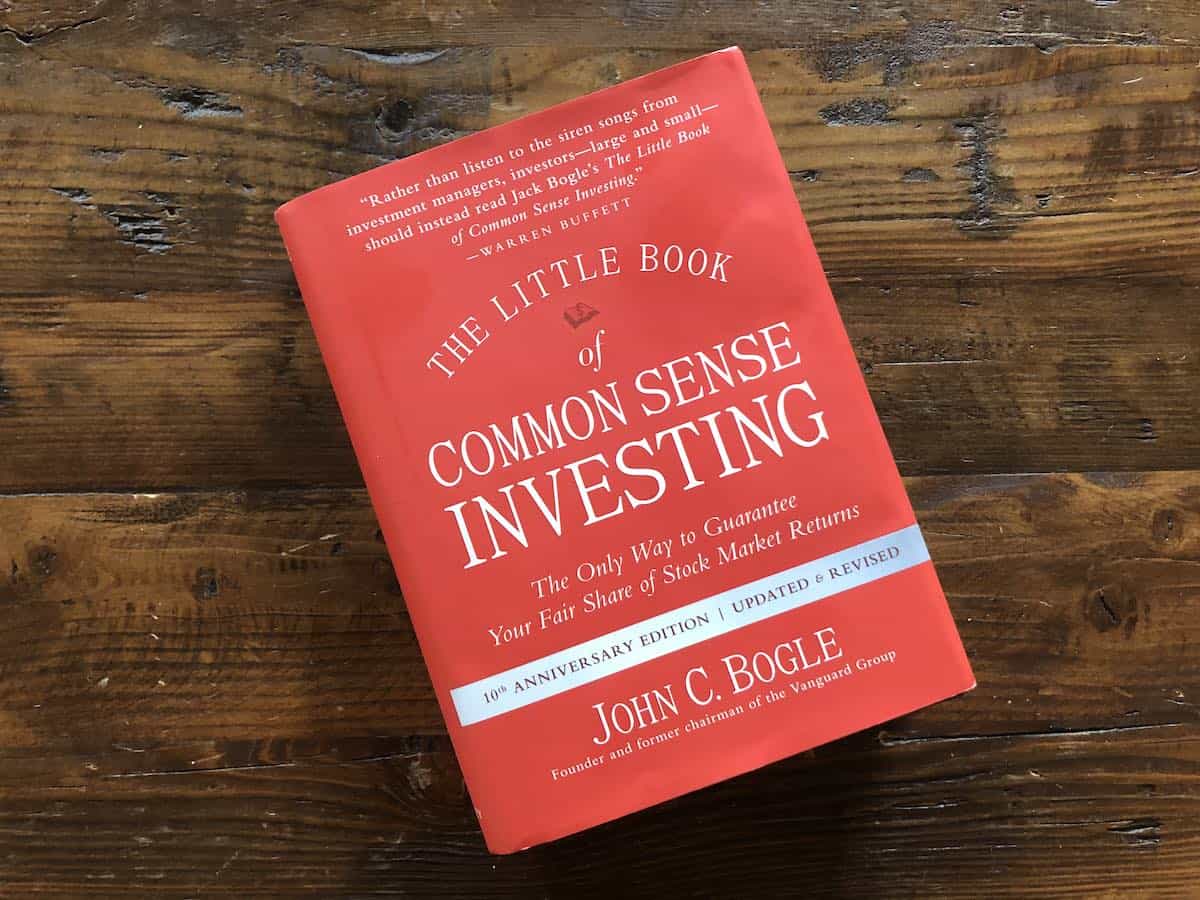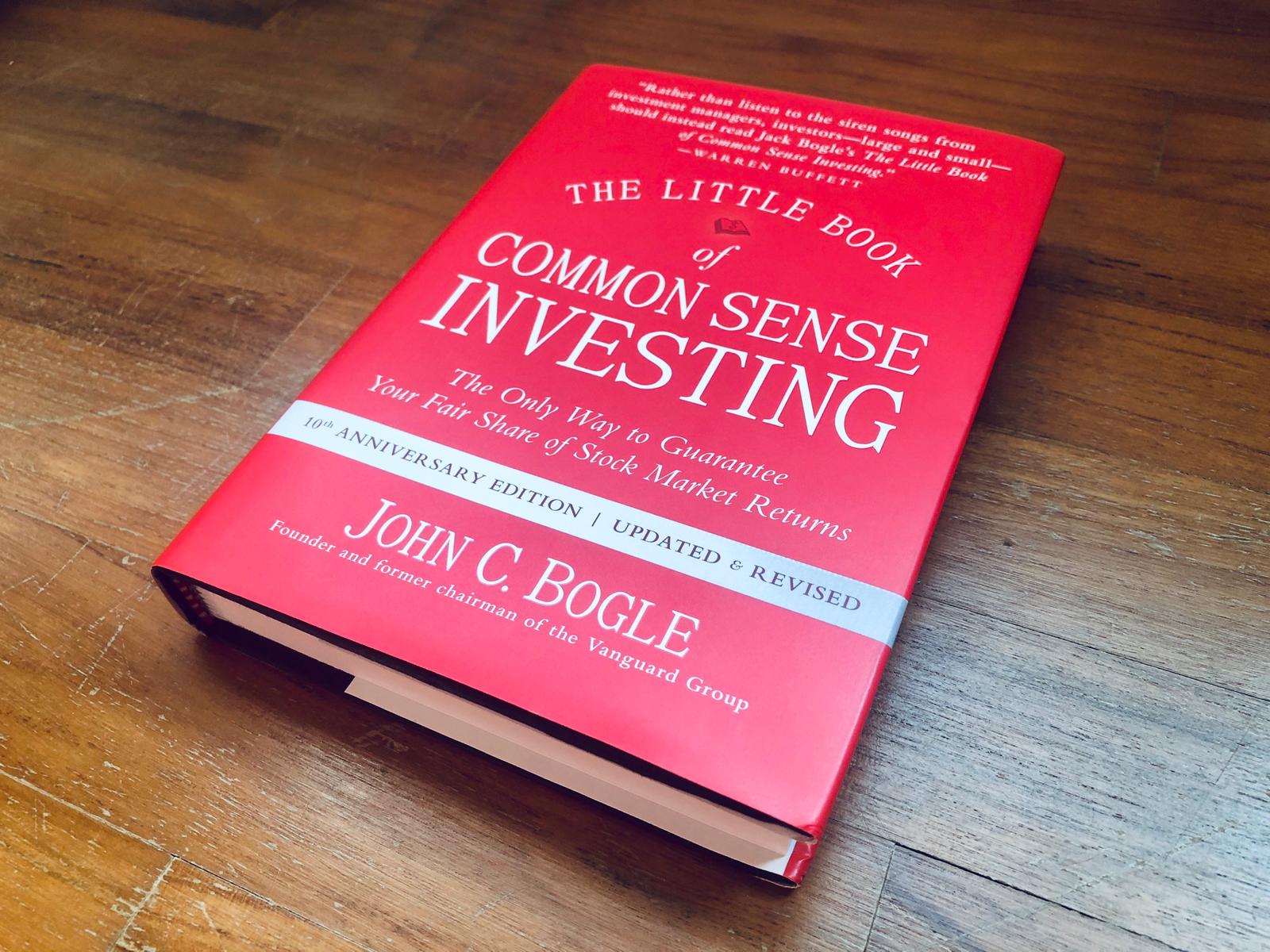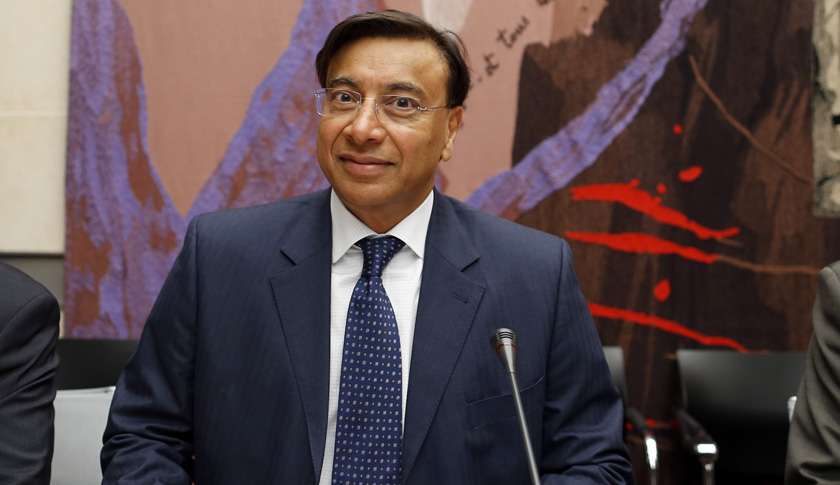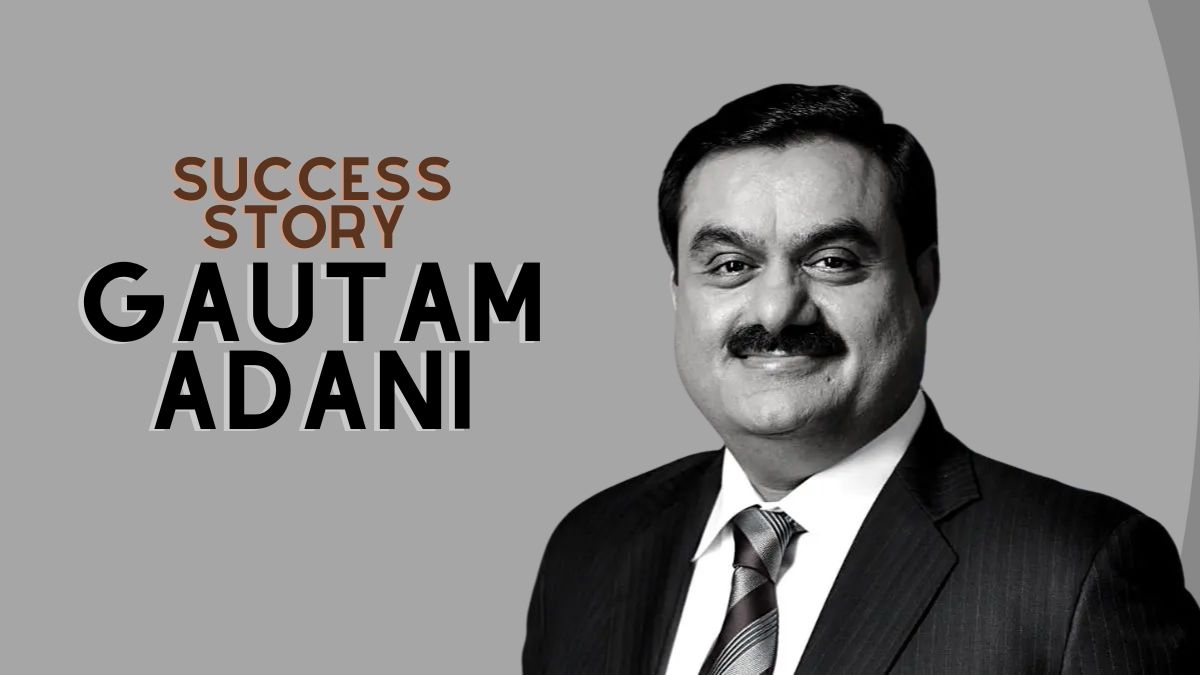Introduction
According to the author “The simplest and most efficient investment strategy is to buy and hold all of the nation’s publicly held businesses at very low cost.” The book summaries:
1. Actively managed funds are expensive and consequently often under-perform the market.
2. Few funds perform well, and there’s no guarantee even those few will continue to do so.
3. Most people invest in actively managed funds unaware of all the implications.
4. Put the majority of your assets in safe, low-cost index funds.
5. Choose the cheapest index fund.
6. Be wary of new investing trends.

This book summary explain why all mutual funds are not created equal, and why index funds are the only way to not get robbed by fees and expenses.
Summary
The book emphasis on the Fact that mutual and index funds are the golden investment opportunity, anyone can ask for.
First Clause says about the standard practice that every beginner follow is to invest in the actively managed funds. Unfortunately, that kind of investment is risky.
As the costs of investing in such a fund are very high. The brokerage’s fee, taxes and other costs take away an hefty chunk of the profit margins. If the funds perform extremely well, you might not mind those costs, but in the long run, actively managed funds are likely to yield you less profit than the overall stock market.
For one, speculating on stock prices is simply not a sustainable strategy. You might think that a fund can generate huge profits by, for example, buying stocks when they are undervalued and selling them later when they reach their true higher value, but in the long run this strategy can’t produce more earnings than what the underlying companies are earning, which is reflected in the overall development of the stock market.
The picture shown by the actively managed fund managers is a very pretty one, but in the long run, due to external environment factors, the margins get lost and the fee cuts look bigger than them.
Second Clause focuses on the uncertainty fact of the market, it is not possible that the Fund performing well right now, will continue to do so even after some big hikes. Most funds go bankrupt or fail to generate significant returns.
Investors pay huge fees to funds, deferring to financial experts who have a solid understanding of the stock market. However, despite industry knowledge or expertise, only some mutual funds that existed in the latter 1970’s have outperformed the market consistently and remain in business. According to these facts, the investors will be throwing their money and margins to the financial managers to manage their funds.
The investors might decide to invest their money in the funds still outperforming the market consistently; those funds that have beaten the odds, but if they analyze their track record, the same conditions that caused the fund to perform well over the past years may not repeat themselves in the following decades.
So, the future opportunities might differ in the nick of time, making the investors helpless.
Third Clause says that the margins shown in the actively managed funds creates a loop for the investors, as they get greedy just by focusing on the short term profits. They undermine the costs associated with them. Actively managed funds boast about the high returns but forget to divulge what the investor will really earn after deducting all the performance and portfolio fees.
In many avenues of investing, people often tend to let their emotions and current market trends make important decisions for them. The second driving factor is that the masses go for the actively managed funds, which creates peer pressure resulting in the higher participation.
Fourth Clause says that the investor should choose an index fund whose costs are nearly negligible, because their solvency will help the fund managers to focus on such investments whose cost benefit analysis will outperform the market trends.
In contrast to actively managed funds, index funds are much more cost-efficient. By definition, an index fund holds a diversified portfolio that reflects the financial market or a specific market sector. However, instead of betting on the market, index funds hold their portfolios indefinitely, eliminating the risks of making short-term, volatile bets while simultaneously minimizing operating costs. Index funds are likely to outperform actively managed funds in the long-term.
Due to the long term holding clause, the index funds pose a better example than the actively-managed funds as the net difference gets eliminated.
Fifth Clause focuses on the most important part of the process “The Choosing”. Each index fund comprises an expense ratio that represents management fees and operating expenses. These expenses, though typically totaling less than one percent, can add up in a long-term investment.
Since index funds fluctuations follow the overall market, go ahead and choose the fund with the lowest cost structure, knowing that a company’s expense ratio doesn’t equate with its level of performance.
Sixth Clause says that the investment trends should not be followed blindly as the risk and benefit part of the investment will be taken away. The fierce competition between index funds causes a continuous cycle of new trends. Long-standing funds compete by trying to lower their costs as much as possible and thus lure in discerning investors.
Meanwhile, new funds entering the market attempt to gain clients by promising larger rewards through new stock-picking procedures. Remember though, no matter how a fund claims to operate, it’s nearly impossible to know which stocks are over- or undervalued, so you should adhere to funds that retain a normal portfolio.
As it is hard to predict whether the fund will be successful or not, it is better to be cautious and keep your funds and the risk associated with the investments on a regular check, to eliminate the most of it.
About the Author
- John Bogle was born on May 8, 1929, in Montclair, New Jersey
- He was an American investor, business magnate, and philanthropist.
- He married Eve Sherrerd on September 22, 1956, and had six children: Barbara, Jean, John Clifton, Nancy, Sandra, and Andrew.
- Founder and Chief Executive of The Vanguard Group.
- He died on January 16, 2019 in Bryn Mawr, Pennsylvania, US.
Author’s Accolades
- Named one of the investment industry’s four “Giants of the 20th Century” by Fortune magazine in 1999.
- Awarded the Woodrow Wilson Award from Princeton University for “distinguished achievement iAn the Nation’s service” in 1999.
- Named one of the “world’s 100 most powerful and influential people” by Time magazine in 2004.
- Institutional Investor’s Lifetime Achievement Award in 2004.
- Elected to the American Philosophical Society in 2004.




